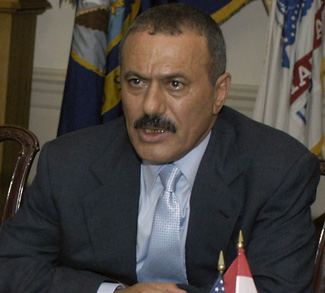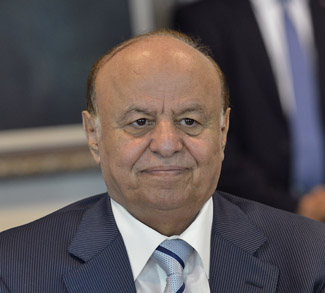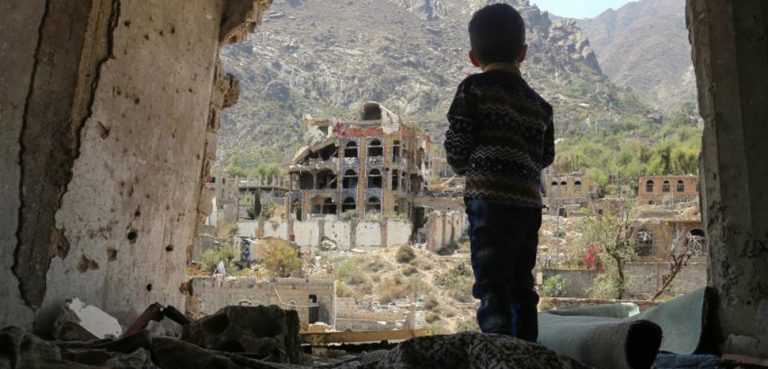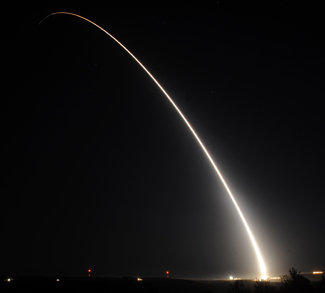Ali Abdullah Saleh, the former president of Yemen, has been killed near Sanaa. Saleh had ruled Yemen since its unification in 1990 before stepping down in a brokered deal during the ‘Arab Spring’ protests of 2012. When the Yemen civil war broke out, he sided with the once despised Houthis in an attempt to claw his way back to political relevance. Their fragile alliance crumbled last week as the capital descended into gun battles between pro-Saleh and Houthi militias, killing over 100 and wounding over 200.
The war in Yemen has so far claimed over 10,000 lives and displaced two million. An intermittent land and sea blockade by the Saudi-led coalition has made it exceedingly difficult to deliver aid to the country. And when it does actually arrive, aid is often either stolen by combatants or bogged down by ruined infrastructure. Wartime conditions have also produced cholera outbreaks and famine throughout the country.
Impact
A falling out between the Houthis and former president Saleh was always in the cards. If anything it’s surprising that it took this long.
Saleh had a reputation for being tough on the Houthis, waging no less than six wars against the movement while in office. He was in power when one of the Houthis’ spiritual leaders, Hussein Badr Eddin al-Houthi, died in a failed rebellion in 2004. Hussein was the father of current leader Abdul Malik al-Houthi.




